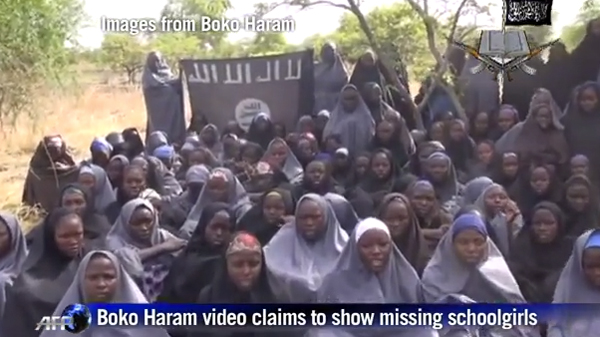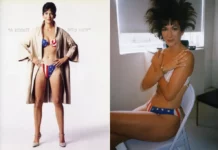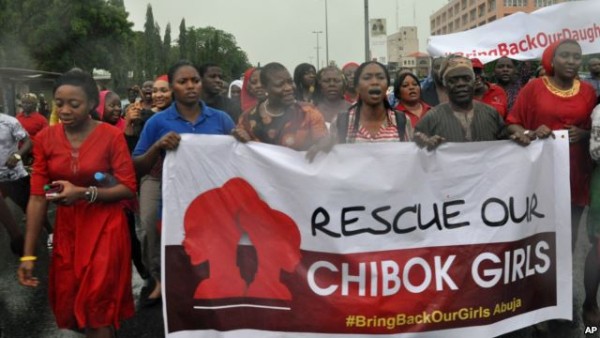
For the past two years, Nigeria has become synonymous with the group named Boko Haram. When translated, the name “Boko Haram” means “Western Education is Sin”.
The militant group was founded in 2002 in northeastern Nigeria. However, since 2009, when the groups founder, Mohammed Yusuf, was murdered by Nigerian security forces whilst in prison custody, the group has caused havoc across Nigeria. Human rights groups have estimated that the group has killed more than 13,000 people between 2009 and 2015, and have committed many kidnappings.
The most famous kidnapping incident was when 276 schoolgirls where kidnapped from the town of Chibok, in April 2014. Boko Haram has since vowed to never let girls in areas under its control go to school, stating that their duty is to marry and serve their husbands.
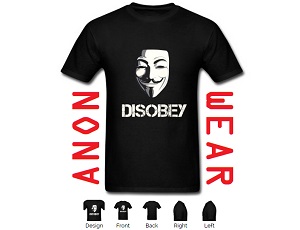
However, although Nigeria confronts all these social challenges from Boko Haram, women rights activists have said that the debate about women’s rights violations and discrimination goes beyond what Boko Haram wants to do.
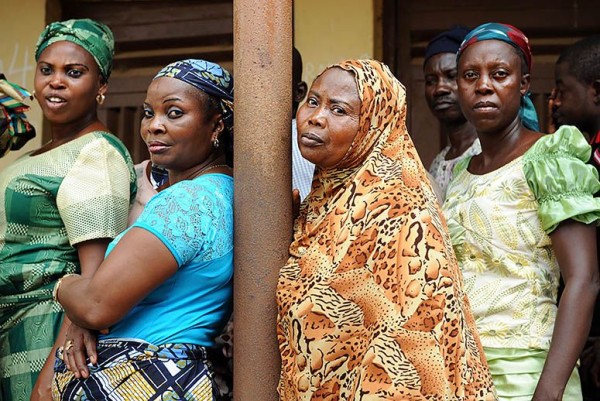
According to Samantha Cowan- Take Part’s associate culture and lifestyle editor, from researching the general status of women within today’s Nigerian society, she found that “woman status in Nigeria ranges from being treated like a prostitute for entering a hotel, requiring a man to cosign a home rental, and being offered fashion magazines instead of hard news.”
It is said, some women are now frustrated about the huge gender gap in the country. To help combat this issue, these women decided to take to Twitter to express their concerns. The hashtag #BeingFemaleInNigeria, even attracted attention from some men in Nigeria.
#beingfemaleinnigeria my friend couldnt rent a 3bedroom house untill she presented her fake husband to her landlady.
— Florence Warmate (@FlorenceWarmate) June 30, 2015
Nigeria’s celebrated author, Chimamanda Ngozi Adichie, is said to have been the person who inspired the women to openly discuss the issue on the social media platform. In her personal book essay- We Should All Be Feminists, she exposed the gender discrimination suffered by women of Nigeria in both childhood and adult life. Taking into consideration economic, education, health and political opportunities for women, Nigeria is said to have received a cumulative ranking of 118 out of 142 countries evaluated in the World Economic Forum’s 2014 report. Looking at education opportunities alone, the country dropped to 134, with only eight countries fairing worse when it comes to sending girls to primary school.
#beingfemaleinnigeria you can’t go to a hotel just by yourself for yourself because for you to do it then you must be a prostitute — Kay Biteh (@myopic_concaves) June 30, 2015
The country has never had a female head of state and has an all-male National Assembly. But, women rights activists believe more women in politics could lead to legislative changes that will favor women in their social and economic life. They say higher levels of schooling will allow women to enter the workforce and contribute financially to their families.
#beingfemaleinnigeria is tipping the restaurant worker with YOUR money from YOUR bag but the worker thanking your male companion instead.
— u.u (@KhaleesiNU) June 30, 2015
“We all started discussing our experiences, and then we thought. This should go to a wider group. If no one talks about it, it just escalates, and it becomes a normal thing that happens to everyone. So we wanted to spread this fire,” said activist-Florence Warmate, when telling BuzzFeed news about their social media campaign.
The culture of not seeing females as equals results in men with fragile egos. Always at risk of being ’emasculated’ #beingfemaleinNigeria — Amara Nwankpa (@bubusn) June 30, 2015
However, some men are of the opinion that gaining power in Nigeria will prove difficult as men are taught that powerful women threaten their masculinity.
Get Your Anonymous T-Shirt / Sweatshirt / Hoodie / Tanktop, Smartphone or Tablet Cover or Mug In Our Spreadshirt Shop! Click Here
You want to support Anonymous Independent & Investigative News? Please, follow us on Twitter: Follow @AnonymousNewsHQ
This Article (Activists:”Boko Haram Is Not The Only Problem For Women In Nigeria, Gender Gap Too High”) is free and open source. You have permission to republish this article under a Creative Commons license with attribution to the author and AnonHQ.com.


